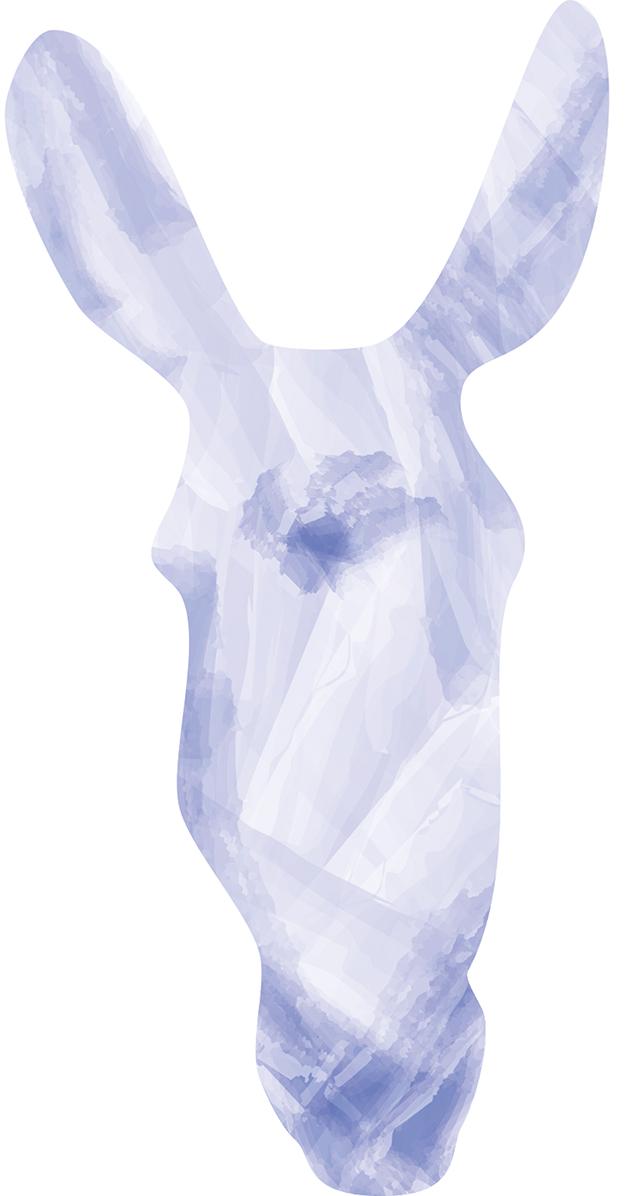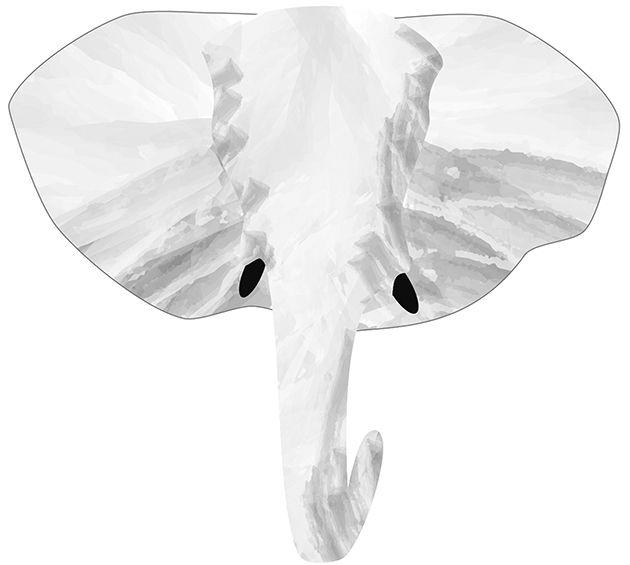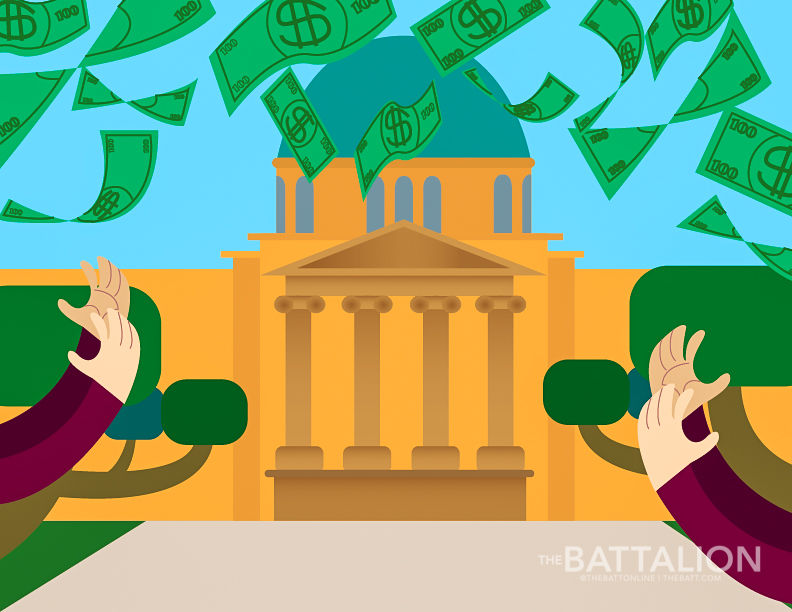While students took time off for the holidays, the 2016 presidential hopefuls kept busy with three debates between the parties and continued campaign efforts.
The first of the debates over the break — hosted on ABC News Dec. 19 — pitted Democratic candidates Hillary Clinton, Bernie Sanders and Martin O’Malley against each other. This debate focused largely on gun control and controversy surrounding a data breach by the Sanders campaign. A member of the former Vermont governor’s team managed to access data from front-runner Clinton’s campaign, leading to his temporary ban from the Democratic National Convention voter databases.
Sanders quickly fired the staff member and publically apologized before the DNC restored his access to DNC data. President of Aggie Democrats and geophysics senior Amol Shalia said she thought Sanders handled the situation well.
“There was a clear breach and it was great how the Sanders campaign was able to find the leak, plug it, get rid of the guy completely,” Shalia said. “But the DNC needs to do their investigation still; a hack is a hack.”
Republicans brought in the new year with their first debate on Jan. 14, hosted by the Fox Business Network. This debate saw fewer candidates on the stage — Donald Trump, Ted Cruz, Marco Rubio, Ben Carson, Chris Christie, Jeb Bush and John Kasich — with the remaining candidates debating earlier that night.
Kirby Goidel, a fellow at the Public Policy Research Institute, said one of the most notable things at this debate was the tension between business man Donald Trump and Texas Sen. Ted Cruz, who has seen an increase in his recent polling, passing Marco Rubio and Ben Carson to trail Trump, according to The Huffington Post.
“Trump really recognizes that Cruz is a threat to him especially in Iowa and if Cruz can win in Iowa, then all of a sudden Trump looks very vulnerable, and it’s not clear how he takes losing,” Goidel said. “You can see sort of in his tweets and his campaign and his debate rhetoric that he sees Cruz increasingly as a threat and he’s going to go after him a bit. Cruz seems to be more than willing to go back at him so it’s kind of fun.”
With this newfound animosity between the candidates, Trump has used Cruz’s Canadian citizenship as a way to throw doubt at the senator. Goidel said focusing on Cruz’s birthplace is a campaign strategy that may yield positive results for Trump’s campaign.
“I think it helps to at least make people question whether he’s eligible,” Goidel said. “I think Trump’s pretty clever — ‘clever’ may be too cynical — just by raising the question he puts it out there in a way that casts some doubt … and insinuates without fully attacking. It’s an interesting tactic and it seems like it’s probably useful in a campaign because you don’t want to go after him.”
At the tail end of the break on Jan. 17, NBC hosted a Democratic debate that focused largely on health care discussions and saw rising tensions and hostility between Sanders and Clinton, who had both previously promised to not run negative campaigns against each other. Shalia said the rising tensions are largely because of the closing polling gap between Sanders (35.7 percent) and Clinton (53 percent.)
“They’re closing in,” Shalia said. “Bernie clearly sees victory in sight and Hillary sees that he’s a threat to her winning the caucus and the New Hampshire primary. Bernie is not a threat to winning the actual nomination yet, Hillary is still leading nationally, but you lose a couple of those early states, momentum starts to shift. Hillary is trying to close that gap, and same with Bernie.”
Coming out of the break, Trump holds the Republican lead, polling at 37.4 percent, Cruz comes in second polling at 19 percent and Rubio trails at 10.3 percent. The remaining nine candidates are all polling below 10 percent. Chair of Texas A&M College Republicans and political science senior William Martinez said the lower polling candidates are maintaining their campaigns for a reason, though.
“Since we are in Texas, we aren’t experiencing the full force of the campaigns like voters in Iowa or New Hampshire — such as an increased number of campaign staff [and] volunteers in the state and large media buys,” Martinez said. “Lower polling candidates might have a solid ground game in the early states that will activate in Texas within the next few weeks, but we won’t see that until it happens.”
On the other side of the podium, Martin O’Malley has seen consistently low polling rates, polling at 2.1 percent according to the same Huffington Post national poll. Goidel said it’s unclear at the moment what O’Malley’s long term intentions regarding the 2016 Democratic ticket are.
“I’m not sure what his end game is. It’s pretty clear he’s not strong enough to be competitive,” Goidel said.
The Republican candidates will face off one more time on Jan. 25 before the Iowa caucuses on Feb. 1 and the New Hampshire primaries on Feb. 9. Martinez said republicans will be looking to cement themselves in voter’s minds.
“I am expecting the candidates to solidify their base of support and begin the mobilization phase of their campaigns,” Martinez said.










